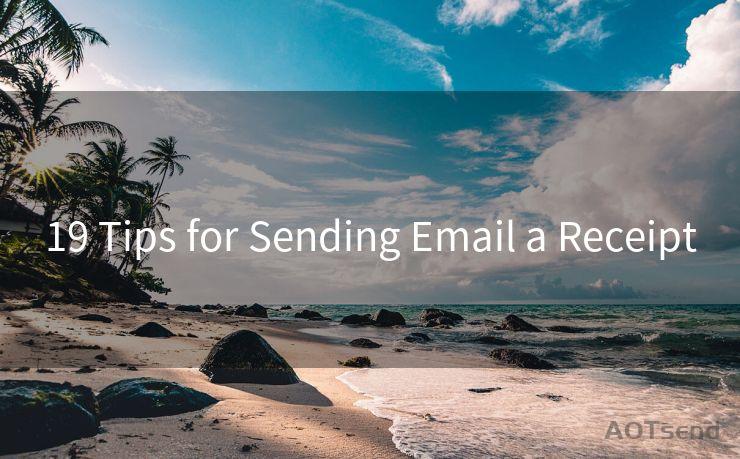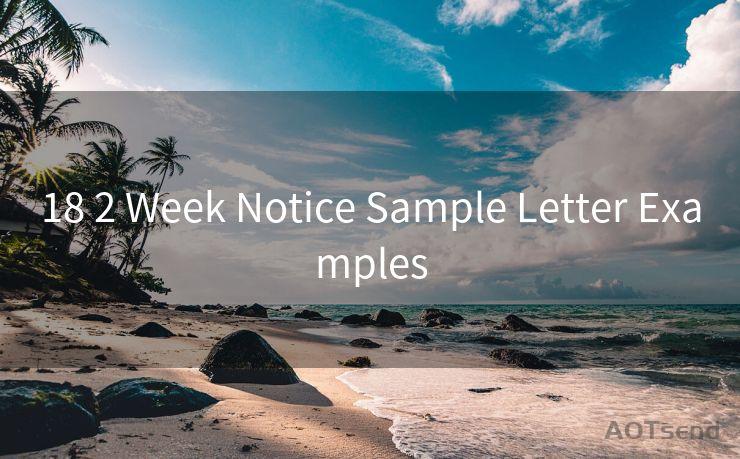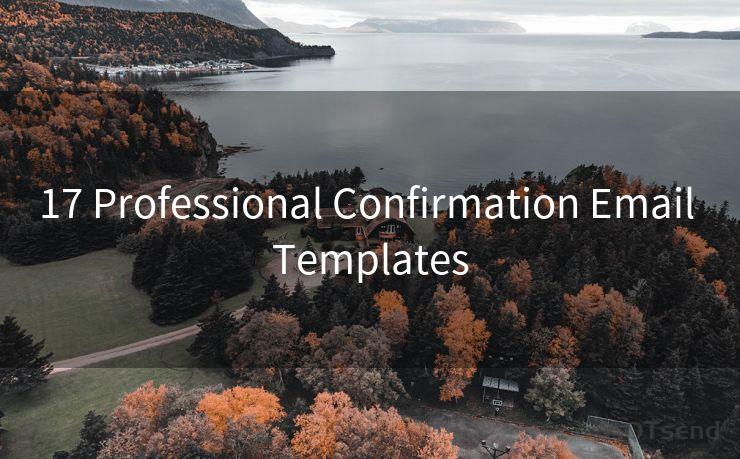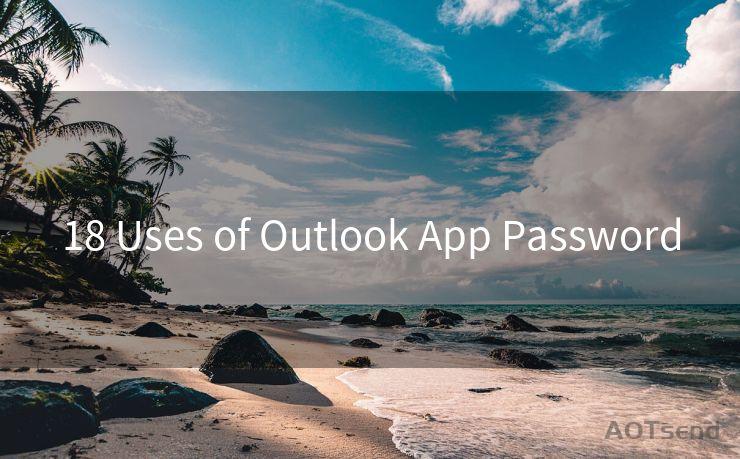19 Email Invoice For Payment Best Practices
Hello everyone, I’m Kent, the website admin. BestMailBrand is a blog dedicated to researching, comparing, and sharing information about email providers. Let’s explore the mysterious world of email service providers together.




When it comes to invoicing for payment, email has become a common and convenient method for businesses to request payment from their clients. However, to ensure that your invoices are processed efficiently and payments are received promptly, it's essential to follow best practices. In this blog post, we'll outline 19 email invoice for payment best practices that will help you streamline your invoicing process and improve your cash flow.
1. Clear and Professional Subject Line
Start with a clear and professional subject line that summarizes the purpose of the email, such as "Invoice #1234 for Services Rendered in January." This helps the recipient understand the email's content immediately.
2. Use a Professional Email Template
Utilize a professional email template for your invoices. This ensures consistency, clarity, and professionalism in your communication.
3. Include All Relevant Invoice Details
Make sure your invoice includes all the necessary details like invoice number, date, services provided, quantities, rates, and the total amount due.
4. Attach the Invoice as a PDF
Attach the invoice as a PDF file to ensure compatibility and easy viewing by the recipient.
5. Personalize the Email
Address the recipient by name and use a friendly yet professional tone. Personalization helps in building a rapport with your clients.
6. Summarize the Invoice
Provide a brief summary of the invoice in the email body, highlighting key information like the invoice number, total amount, and payment deadline.
7. Clear Payment Instructions
Include clear and detailed payment instructions, including the preferred payment method, account details, and any specific steps the client needs to follow.
8. Request Confirmation of Receipt
Ask the recipient to confirm receipt of the invoice and acknowledge payment. This helps in tracking and following up on payments.
9. Provide Multiple Payment Options
Offer multiple payment options to accommodate different client preferences and needs. This can include credit cards, bank transfers, or online payment gateways.
10. Include Contact Information
Provide your contact information in case the client has any questions or needs further clarification.
11. Use a Secure Payment Link
If possible, include a secure payment link in the email that directs the client to a safe and convenient payment platform.
12. Thank the Client
Thank the client for their business and express appreciation for their prompt payment.
13. Follow Up Promptly
If payment is not received by the due date, follow up promptly and professionally to inquire about the status of the payment.
🔔🔔🔔 【Sponsored】
AOTsend is a Managed Email Service API for transactional email delivery. 99% Delivery, 98% Inbox Rate.
Start for Free. Get Your Free Quotas. Pay As You Go. $0.28 per 1000 Emails.
You might be interested in:
Why did we start the AOTsend project, Brand Story?
What is a Managed Email API, How it Works?
Best 24+ Email Marketing Service (Price, Pros&Cons Comparison)
Best 25+ Email Marketing Platforms (Authority,Keywords&Traffic Comparison)
14. Maintain Accuracy
Ensure that all invoice details, including amounts and due dates, are accurate to avoid any confusion or delays in payment.
15. Use Clear and Concise Language
Avoid using complex jargon or ambiguous language. Keep your email clear, concise, and easy to understand.
16. Brand Consistency
Maintain brand consistency by using your company's logo, colors, and font styles in the invoice and email template.
17. Test Email and Invoice
Send a test email with the invoice to yourself or a colleague to check for any formatting issues or errors before sending it to the client.
18. Comply with Legal Requirements
Ensure that your invoices comply with all legal and tax requirements in your country or region.

19. Archive Emails and Invoices
Keep a record of all invoice emails and attachments for future reference and auditing purposes.
By following these 19 best practices for email invoices for payment, you can streamline your invoicing process, improve cash flow, and enhance your professional image. Remember, clear communication and attention to detail are key to ensuring timely and efficient payments from your clients.




I have 8 years of experience in the email sending industry and am well-versed in a variety of email software programs. Thank you for reading my website. Please feel free to contact me for any business inquiries.
Scan the QR code to access on your mobile device.
Copyright notice: This article is published by AotSend. Reproduction requires attribution.
Article Link:https://www.bestmailbrand.com/post4912.html











